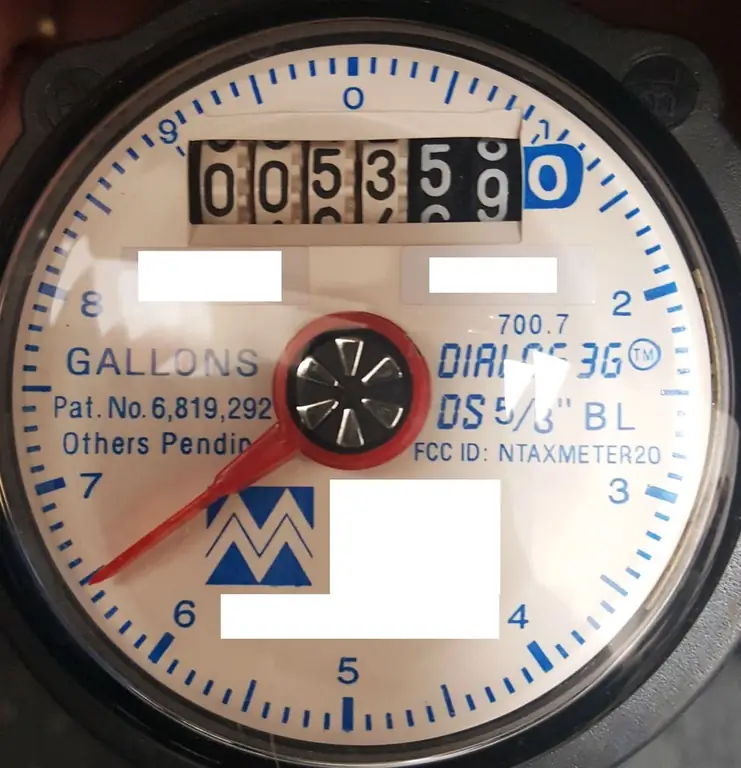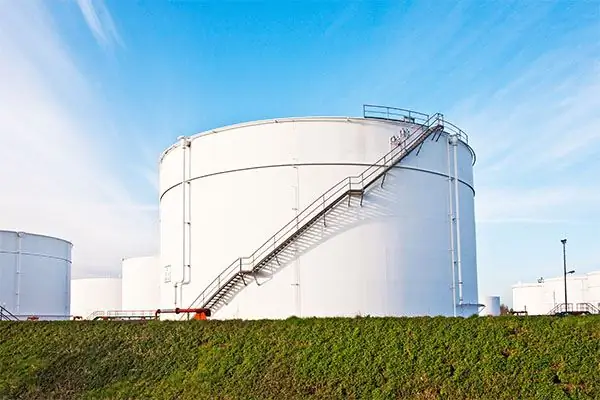2026 Author: Howard Calhoun | calhoun@techconfronts.com. Last modified: 2025-01-24 13:10:26
Water is needed not only by people and other living beings for normal life. It is also used for other purposes. It is used in industry in the manufacture of a variety of products, as well as for the normal functioning of some equipment. Of course, it is not necessary to use purified or drinking water for these purposes.
What is this?

Technical water is hydrogen oxide (binary compound H2O), taken from any source and used in industry. Simply put, this is ordinary water, but not intended for drinking. In addition, particles of organic origin may be present in its composition.
Although, unlike drinking water, there is no GOST for technical water, it must still be of good quality and have all the necessary characteristics that the customer requires. The clients in this case are various enterprises. They can use water for any purpose: for the production of finished products, in the technological process, and also as the main component for the operation of machine components and other equipment. For example, herused in any complex hydraulic systems, machine tool drives, etc.
Product water specifications

The quality of industrial water is subject to no less stringent requirements than drinking water. Technical characteristics determine its functionality and possibility for application in various fields of activity. Of the main parameters that receive the most attention, the following can be emphasized:
- Composition. Basically, these include various acids (for example, carbon dioxide), ammonia, nitrates and nitrites, oxygen, as well as iron, sulfates, etc. For some purposes, it is also necessary that industrial water pass a bacterial test.
- The presence of particles of mineral and organic origin. Depending on the purpose, the water may contain or be completely absent of suspended solids. This indicator is determined by the technical standards specified in the relevant state standard.
- Deposit. There should be no dry residue in the composition of the water. If it is present in large quantities, then it indicates low quality. Such technical water cannot be used in steam boilers and other similar equipment.
- Rigidity. One of the most important technical characteristics. Many enterprises refuse to use water if it does not meet the hardness standards. Some manufacturers even artificially raise or lower this figure to the proper level. After all, otherwise you will have to abandon the use of such water.
- Color. Not allindustrial enterprises pay due attention to this parameter, but there are some. For example, high-quality paper makers use only "pure" water.
- Smell. Enterprises that care about the final product use water without harsh and unpleasant odors. After all, as you know, this will affect the quality of the goods, and hence its cost.
- Oxidation. Many companies pay attention to this characteristic. After all, the higher the oxidizability of water, the more likely it is to foam when heated or damage products.
- Hydrogen index. According to the norms, it must be at least 5.5 pH.
- Temperature. Depending on the purpose, the water can be cold or hot. In addition, some businesses use it at approximately room temperature.
Consumers

As a rule, such water is used in three areas of industry:
- As the main working component. The consumers of this group include: thermal power plants, nuclear power plants, thermal power plants and other enterprises using heating and cooling systems. For such customers, the delivery of technical water is carried out without suspended solids, since the service life of specific communications will depend on this.
- In the process. In other words, such consumers use water not only to create a product, but also as the main component that affects its quality. Customers include many engineering firms, representatives of the electronics industry andothers
- For the production of finished products. Consumers in this category include car cleaning companies, pharmaceutical and cosmetic factories, etc. In this case, process water must be of high quality and have excellent characteristics. It should not contain precipitation, particles of mineral and organic origin.
As can be seen from the above, each consumer has his own requirements for water parameters. That is why there are several types of it:
- Distilled.
- Clean.
- Special purpose water.
Distilled

Such water must necessarily meet all the requirements that are prescribed in GOST 6709-72, as well as in other regulatory documents. You can get it in special distillation apparatuses. It is intended for the analysis of chemical reagents, as well as for the preparation of solutions based on them.
The main characteristic of such industrial water is its electrical conductivity. Based on this indicator, other quantities are also determined. For example, electrical resistance, the value of which must be known when conducting research with liquid chemicals.
"Clean" water

It's hard to imagine, but there is one! It does not contain s alts or any other unwanted particles. But this does not mean at all that such industrial water is potable. It is used inmicroelectronics, for example, for growing crystals.
Special purpose water
It is used almost everywhere: in steam boilers, fish tanks, and electroplating.
Purification of industrial water for special purposes depends on the area in which it is used. For example, some enterprises require that it must contain ionic particles. Others, on the contrary, need their absence.
In addition, water with a high concentration of organic substances (mineral) is required to achieve some goals. Most often it is used in physiotherapy and balneology.
Recommended:
Shelf life of water meters: period of service and operation, verification periods, operating rules and time of use of hot and cold water meters

The shelf life of water meters varies. It depends on its quality, the condition of the pipes, the connection to cold or hot water, the manufacturer. On average, manufacturers claim about 8-10 years of operation of devices. In this case, the owner is obliged to carry out their verification within the time limits established by law. We will tell you more about this and some other points in the article
"Royal Water": customer and employee reviews, addresses, order conditions, delivery and water quality

Royal Water is one of the largest companies in the bottled water market. The company was founded in 1994. An extensive dealer network and a large number of branches determined the presence of the organization in many regions of the country
"Quality Circles" is a quality management model. Japanese "Quality Circles" and the possibilities of their application in Russia

Modern market economy requires companies to constantly improve their technological processes and staff training. Quality circles are a great way to involve active employees in the workflow and implement the most productive ideas in the enterprise
Rules for the technical operation of tanks: norms and requirements

This article describes the basic requirements, norms and rules for the technical operation of tanks intended for the storage of oil and oil products. In addition, the main provisions are given on the use of various methods of non-destructive monitoring of the condition of tanks, the protection of structures made of special steel from corrosion and the harmful effects of the environment, the reduction of oil losses during technological operations, and the prevention of oil spills
"Renault": manufacturer, history and date of creation, management, country, technical focus, development stages, introduction of modern technologies and car quality

The Renault manufacturer produces high-quality cars that are in demand in many countries of the world. The products were to the taste of Russian motorists. In 2015, the French concern produced the millionth car from the lines of the Russian plant

